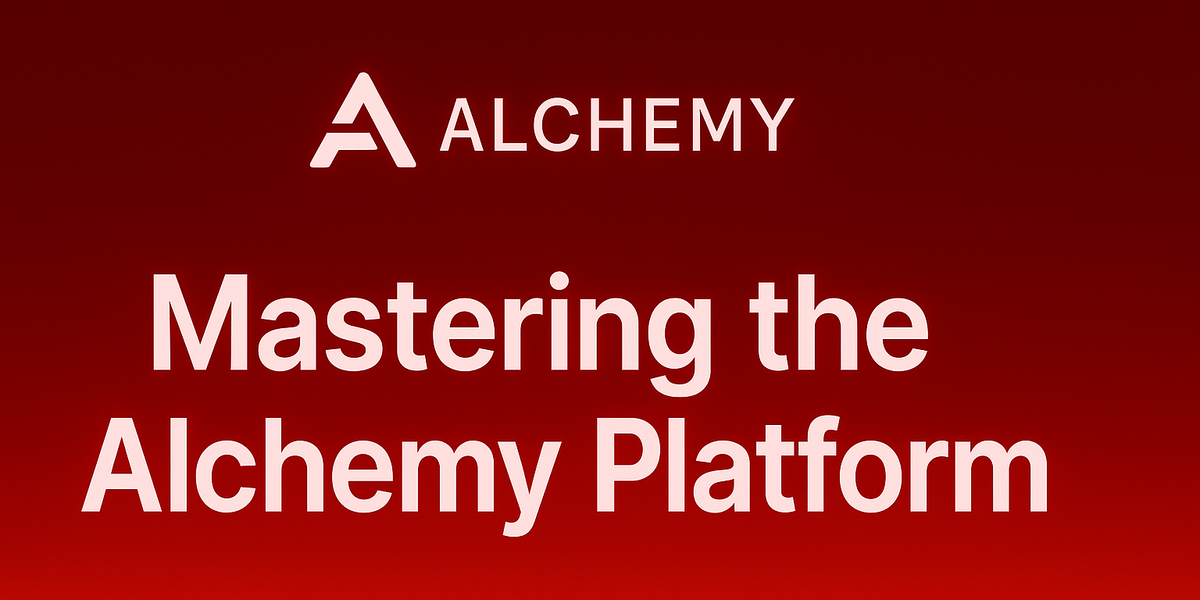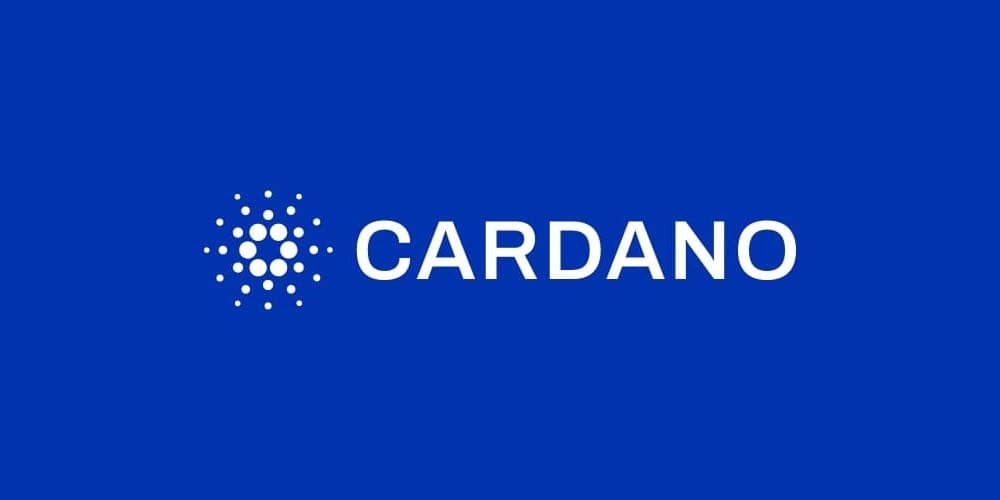Decentralized Finance (DeFi) is an exciting and complex ecosystem filled with innovative technologies and unique terminology. Whether you’re new to DeFi or looking to sharpen your understanding, this glossary provides clear definitions of common terms to help you navigate the space confidently.
Key DeFi Terms
1. AMM (Automated Market Maker)
A type of decentralized exchange (DEX) that uses algorithms and liquidity pools instead of traditional order books to facilitate trades. Popular examples include Uniswap and SushiSwap.
2. APR (Annual Percentage Rate) and APY (Annual Percentage Yield)
- APR: The annualized interest rate you can earn or owe without compounding.
- APY: Similar to APR but includes the effects of compounding interest.
3. Collateral
Assets locked in a DeFi protocol to back a loan. For example, you might deposit ETH as collateral to borrow DAI.
4. DAO (Decentralized Autonomous Organization)
A blockchain-based organization governed by its members through voting mechanisms, without centralized leadership.
5. DEX (Decentralized Exchange)
A platform that allows users to trade cryptocurrencies directly with each other without intermediaries. Examples include PancakeSwap and Curve.
6. Gas Fees
Transaction fees paid to blockchain validators for processing and confirming transactions. Fees vary based on network demand and are typically paid in the blockchain’s native currency (e.g., ETH for Ethereum).
7. Impermanent Loss
The temporary loss of value experienced by liquidity providers in a pool when the prices of their deposited assets change relative to when they were deposited.
8. Liquidity Pool
A collection of funds locked in a smart contract used to facilitate trading, lending, or other DeFi activities. Users who contribute to liquidity pools earn a share of the transaction fees.
9. NFT (Non-Fungible Token)
A unique digital asset representing ownership of a specific item, such as art, music, or in-game items, often used in DeFi and gaming.
10. Oracle
A service that connects blockchains to real-world data, such as asset prices or weather conditions, ensuring that smart contracts execute accurately.
11. Rug Pull
A type of scam where developers abandon a project and abscond with users’ funds, often by draining liquidity from a pool.
12. Slippage
The difference between the expected price of a trade and the actual price due to market fluctuations or insufficient liquidity.
13. Smart Contract
Self-executing code that runs on a blockchain, automating transactions based on predefined rules.
14. Stablecoin
A cryptocurrency pegged to a stable asset like the US dollar to reduce volatility. Examples include USDC, DAI, and Tether (USDT).
15. Staking
Locking up crypto assets in a protocol to support network operations (e.g., validating transactions) in exchange for rewards.
16. Tokenomics
The economic model of a cryptocurrency or DeFi project, including details about supply, distribution, and incentives.
17. TVL (Total Value Locked)
The total value of assets deposited in a DeFi protocol, used as a measure of its popularity and trustworthiness.
18. Yield Farming
A strategy where users deposit funds into DeFi protocols to earn returns in the form of interest or governance tokens.
19. ZK-Rollups (Zero-Knowledge Rollups)
A Layer 2 scaling solution that bundles transactions and submits them to the main blockchain, improving scalability and reducing fees.
20. Governance Token
Tokens that allow holders to vote on proposals and decisions affecting the protocol. Examples include UNI (Uniswap) and COMP (Compound).
Why This Glossary Matters
Understanding these terms is essential for navigating the DeFi space confidently and avoiding common pitfalls. Whether you’re providing liquidity, trading on a DEX, or experimenting with yield farming, having a solid grasp of the terminology will empower you to make informed decisions.
Conclusion
DeFi is an ever-evolving landscape, and staying familiar with its terms is key to keeping up with new developments. Bookmark this glossary as a handy reference to demystify DeFi concepts and enhance your understanding.
Want to dive deeper into DeFi? Check out our guides on trading, yield farming, and the best tools to maximize your success in decentralized finance!





Comments